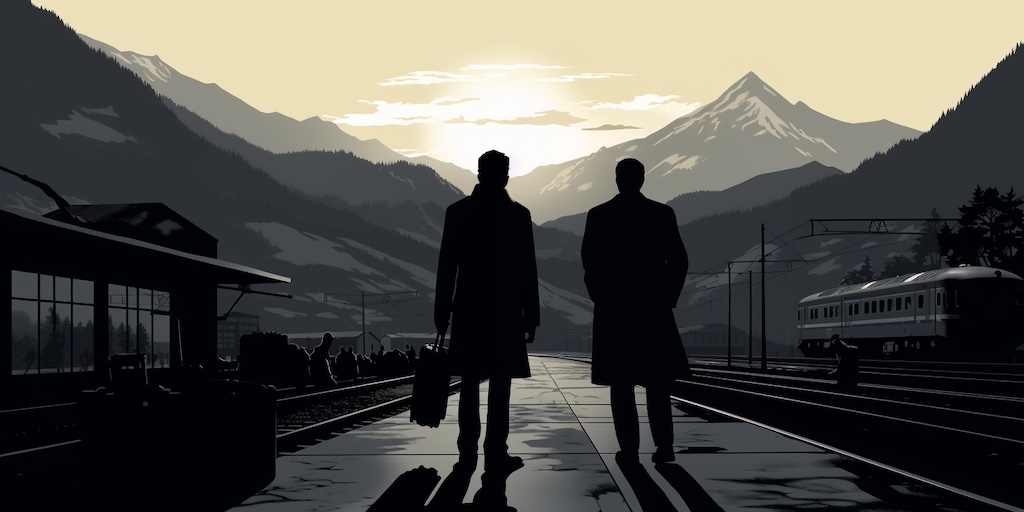
In 2009, a sleepy provincial Italian town was the scene of one of the strangest-ever financial crimes. Two Japanese men en route to Switzerland were found by Italian police to have $134 billion in bearer bonds in a false-bottomed suitcase.
Deception is one of the main means of selling propositions that, in reality, are just too good to be true. There is no such thing as a free lunch.

In 2009, a sleepy provincial Italian town was the scene of one of the strangest-ever financial crimes. Two Japanese men en route to Switzerland were found by Italian police to have $134 billion in bearer bonds in a false-bottomed suitcase.

Nothing can ever be free – gratis. It may seem like a strange statement, but with help from a Greek geek and a Belgian boffin, we can try and explain why.
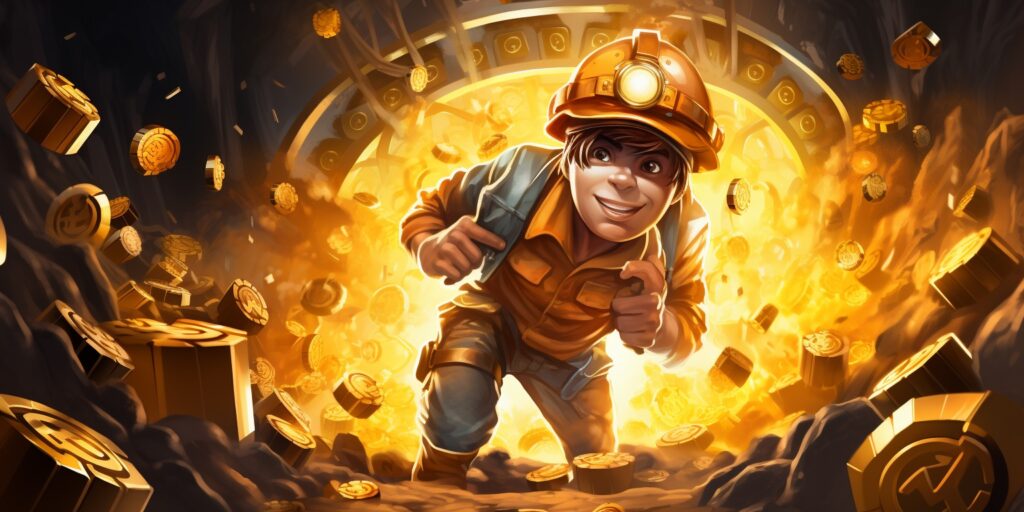
The meteoric rise in the price of Bitcoin has inspired enterprising criminals from Russia to Malaysia, to steal electricity to mine crypto.

With big money as the common denominator, TV Game Shows are popular with audiences, advertisers and production companies. But money inevitably inspires mischief, so here are the greatest Game Shows scandals, cheaters and hustlers.
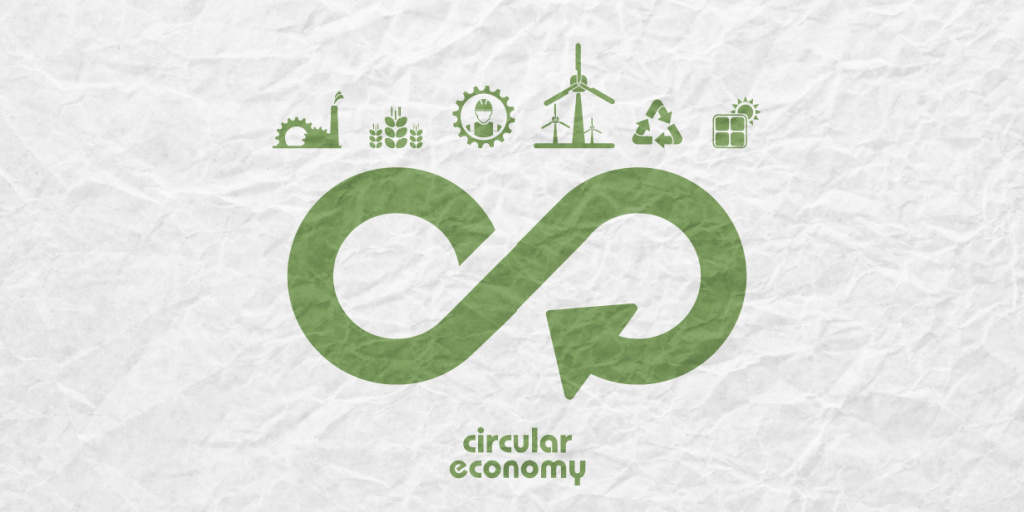
The idea of a Circular Economy is increasingly promoted as the solution to our mounting environmental and social problems. But what does the term mean, and is it achievable?

In 1968 Garrett Hardin coined the phrase, the Tragedy of the Commons. Almost half a century later, and we’re still fouling our own nest without a workable solution to avert tragedy.

The cult movies that popularised a unique form of computer fraud called salami slicing; stealing by tiny increments.
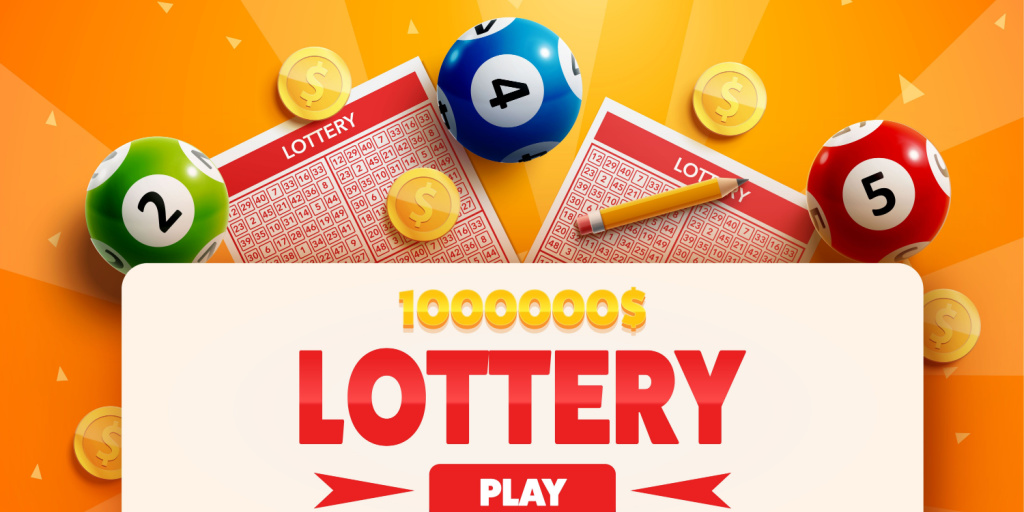
Have you heard about the US Conscription lottery that randomly selected who went to war or the Taiwanese Receipt lottery trying to improve its tax take? There’s even a new breed of lotteries trying to form habit loops to nudge beneficial behaviours and lotteries using crypto to rework 19th savings schemes. Welcome to the world’s strangest lotteries.
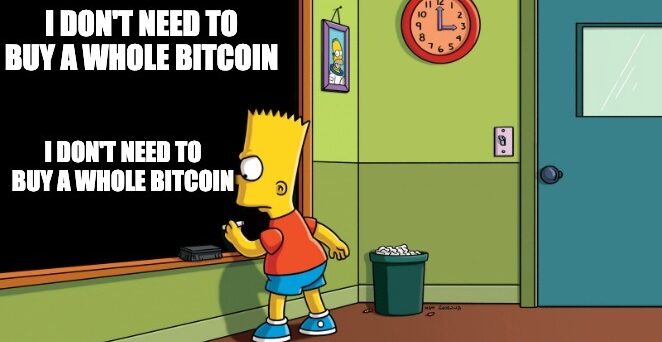
Unit bias within crypto conflates the price of tokens with their value. A low nominal price is considered cheap and attractive simply because you are able to buy more units of them. This leads to poor decision making.

Survivorship bias explains why big Lottery wins are always accompanied by an image of the ecstatic winners popping champagne and gripping a giant oversized cheque. The salient image encourages us to focus on the outcome – the smiling winner- and ignore the process – millions of losing tickets. Understanding survivorship can help you make better decisions, and there’s no better place to start learning than the Mountain of Hell Downhill Bike Race.